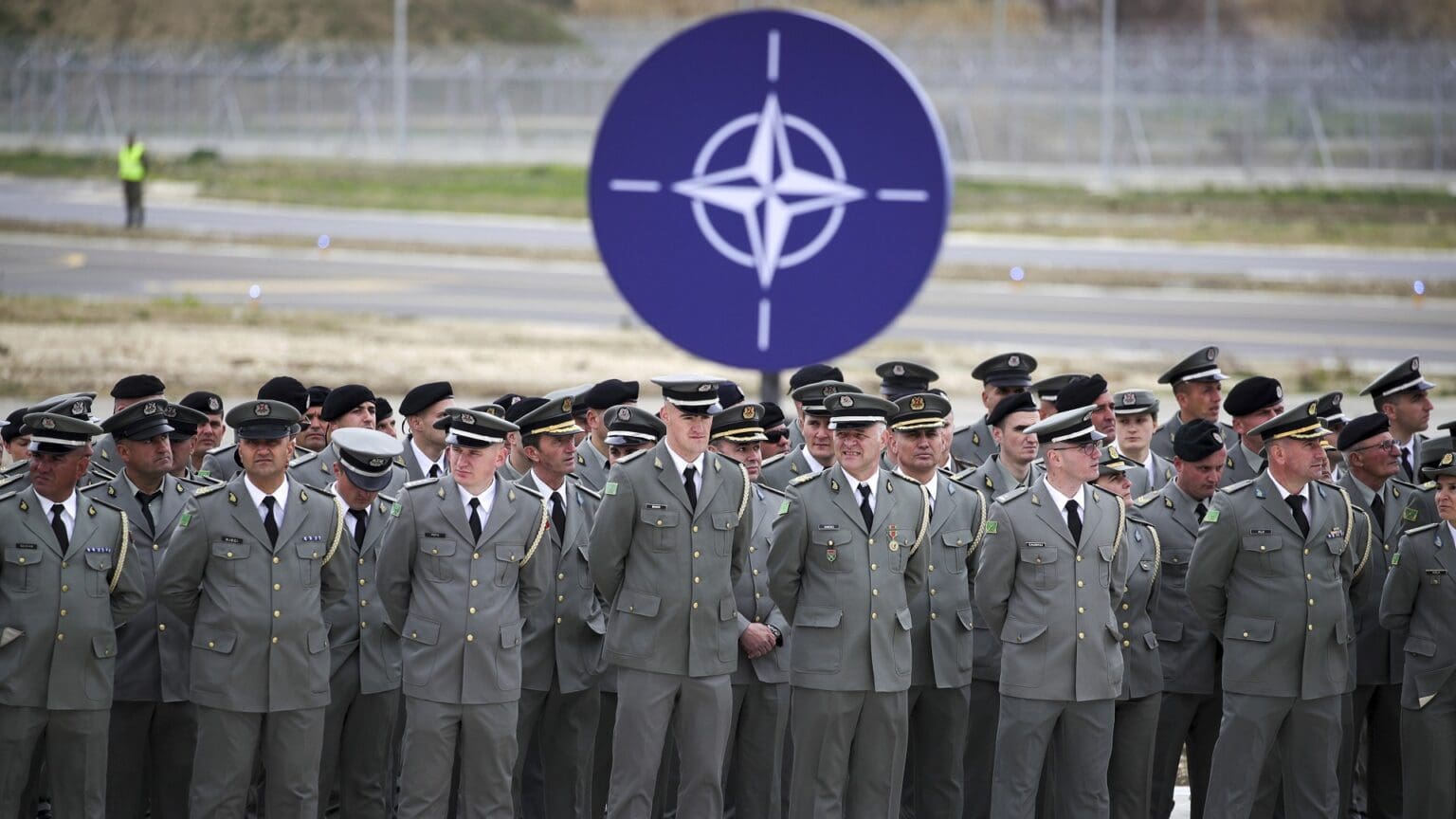
Hungarian military doctor Péter Vekszler has been appointed Chief Medical Officer at NATO’s SHAPE headquarters, one of the alliance’s highest medical positions. He will serve in the role for three years starting 21 June as a brigadier general.
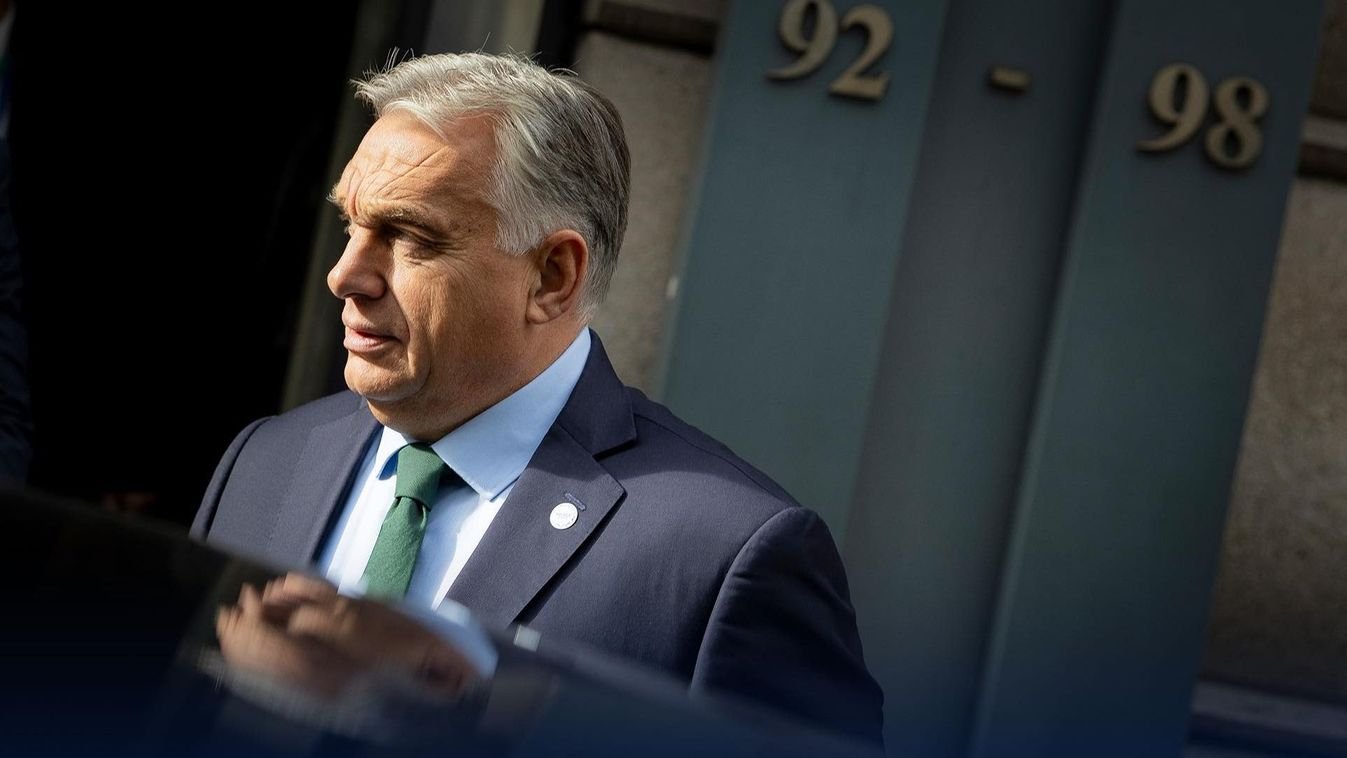
Prime Minister Viktor Orbán has pledged to take decisive action to safeguard Hungary’s peace and security in response to the US airstrikes on Iranian nuclear facilities, citing the growing terror threat, rising energy prices, and increasing migratory pressure facing Europe.
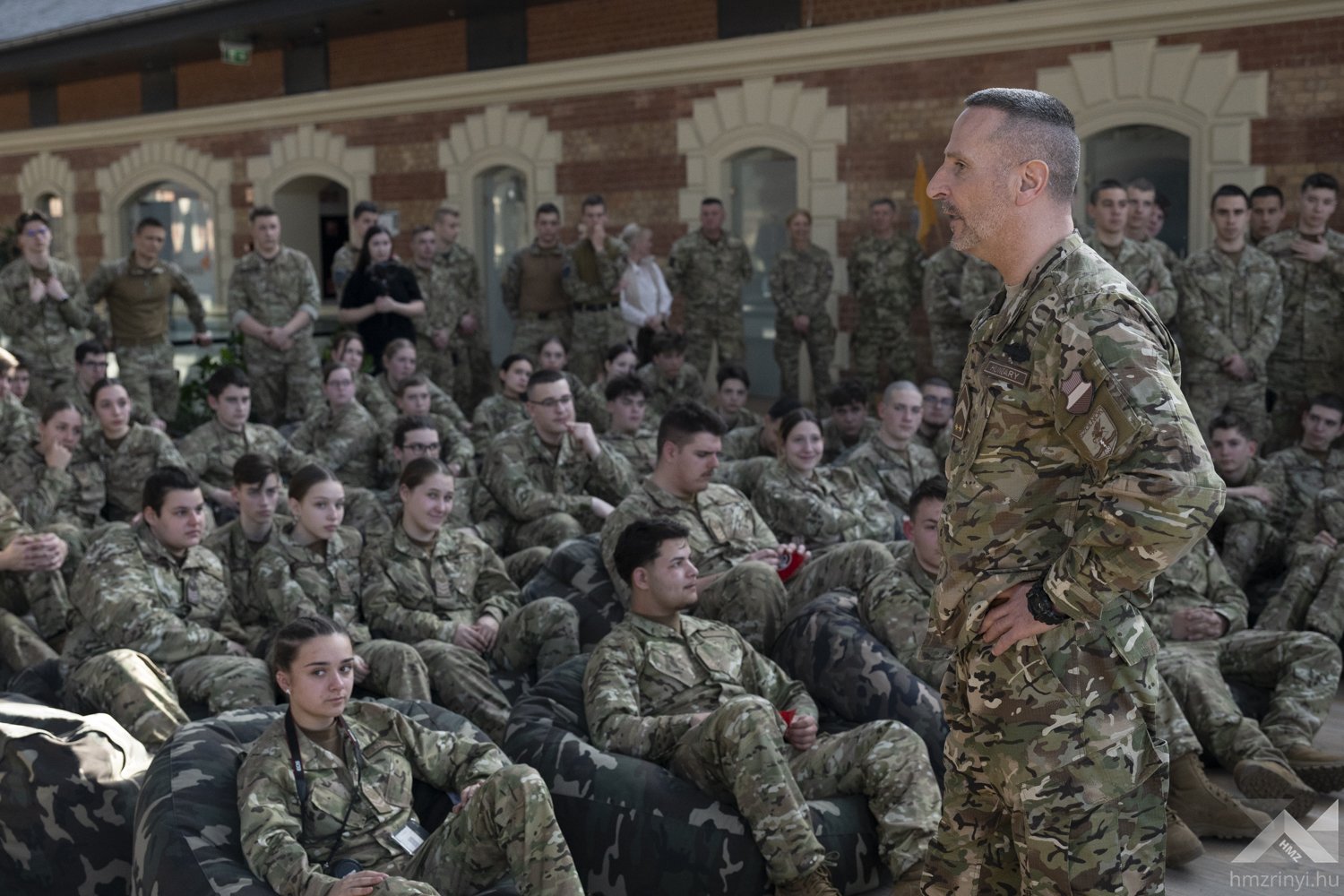
‘Hungary’s 25-year journey in NATO reflects a strategic synthesis of alliance loyalty and national sovereignty. Through the Zrínyi 2026 programme, Hungary has revitalized its defence industry, met NATO’s spending targets, and strengthened its role on the eastern flank.’
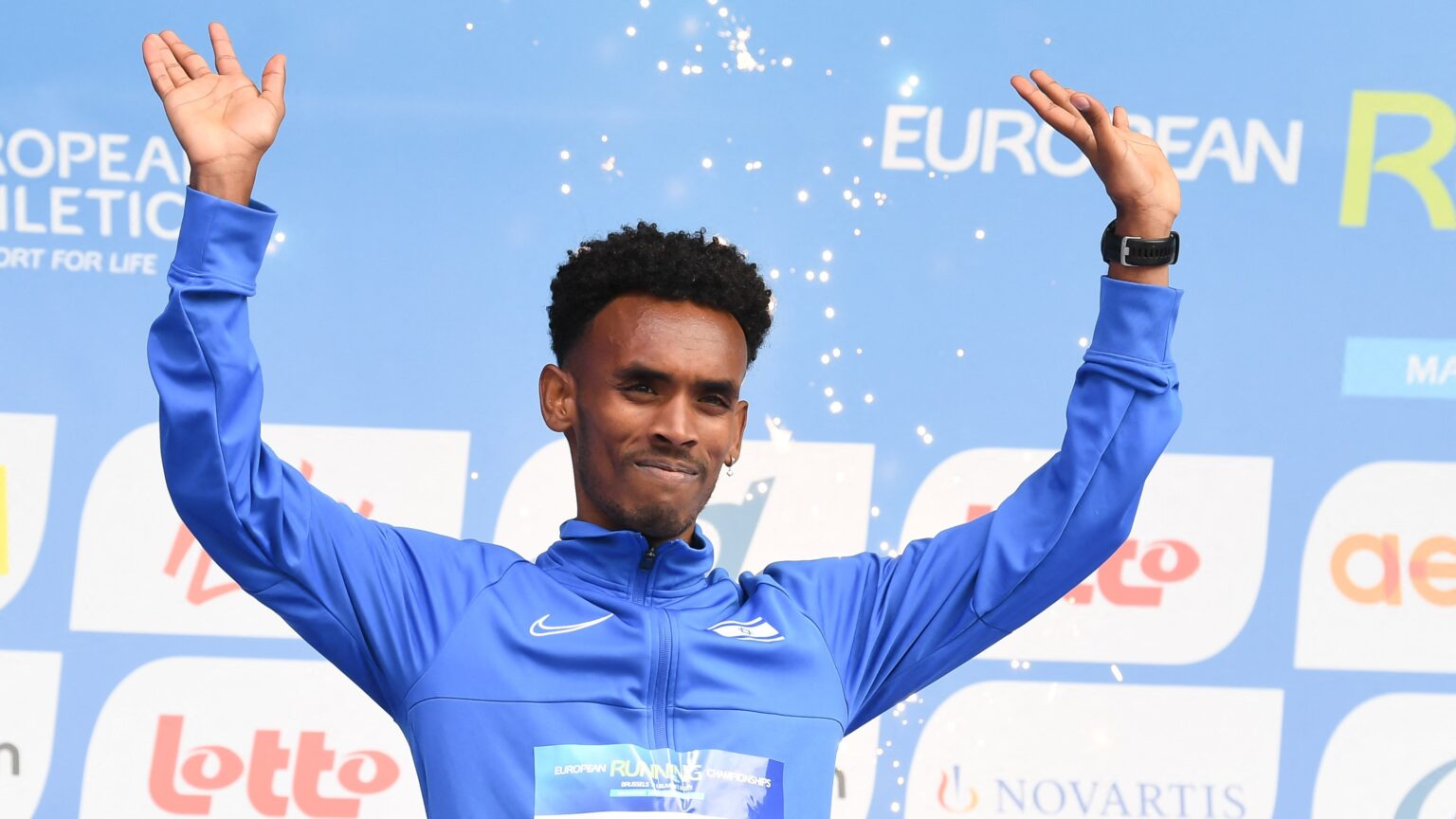
‘The Olympic Committee highlights that this arrangement has been carefully coordinated with various sports federations and includes collaborations with local clubs throughout Europe. This cooperative effort not only exemplifies excellent diplomatic relations but also a shared commitment to sports and cultural exchange.’

The 4iG Group and the Hungarian state-owned N7 Holding are jointly establishing Hungary’s first defence industry holding company with both state and private ownership. The new company is expected to boost competitiveness and increase defence exports.
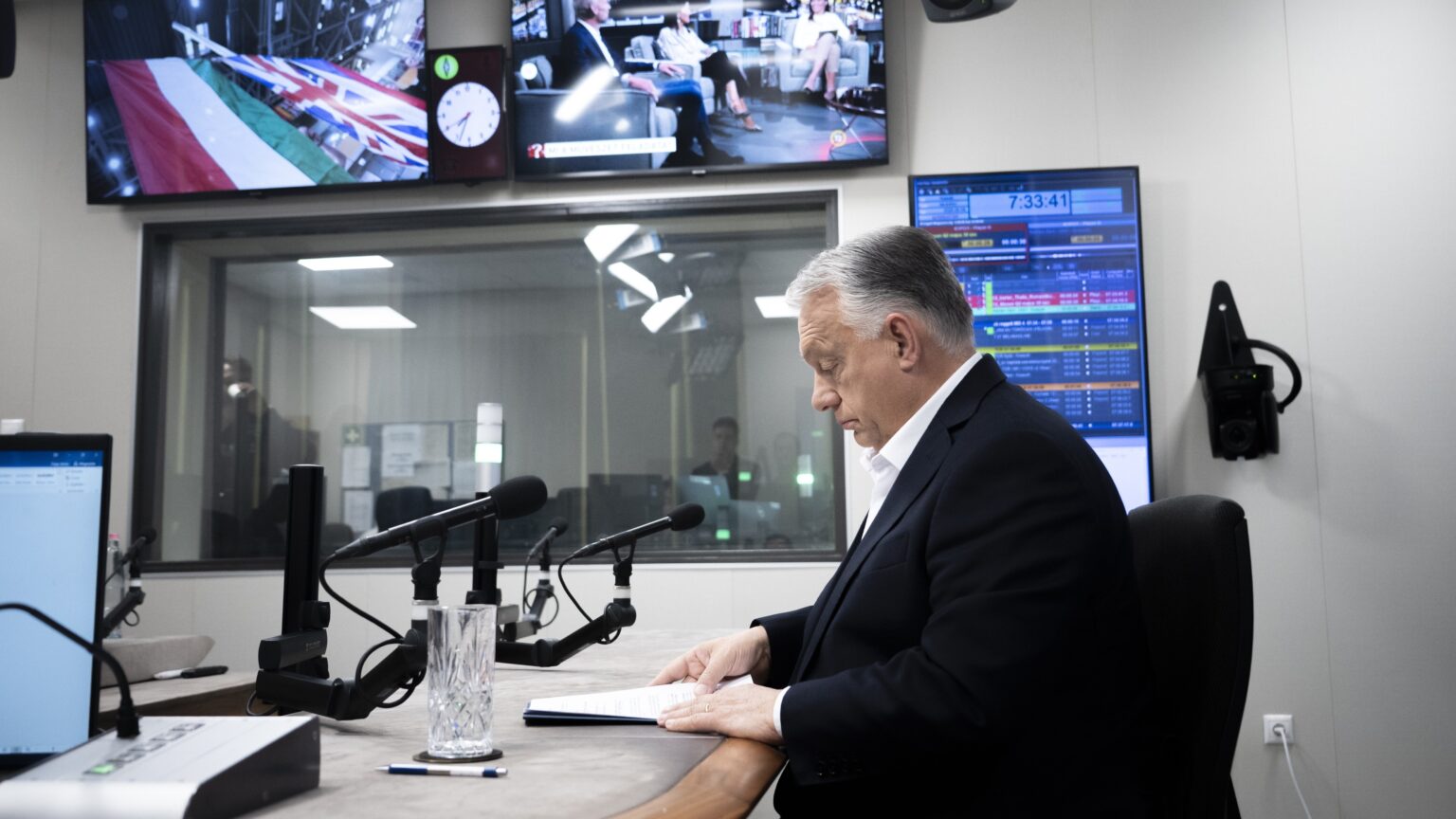
Prime Minister Viktor Orbán called on Hungarians to cast their vote in the Voks 2025 consultation on Ukraine’s EU membership, warning that rapid accession could endanger Hungary’s sovereignty, economy, and social protections.

Hungarian clubs now know their European opponents: Ferencváros will face either FC Noah (Armenia) or FK Budućnost Podgorica (Montenegro) in Champions League qualifying. In the Europa League, Paks will take on CFR Cluj (Romania), while Puskás Akadémia meet Aris Limassol (Cyprus), and Győr await Tre Fiori (San Marino) or Pyunik (Armenia) in the Conference League.
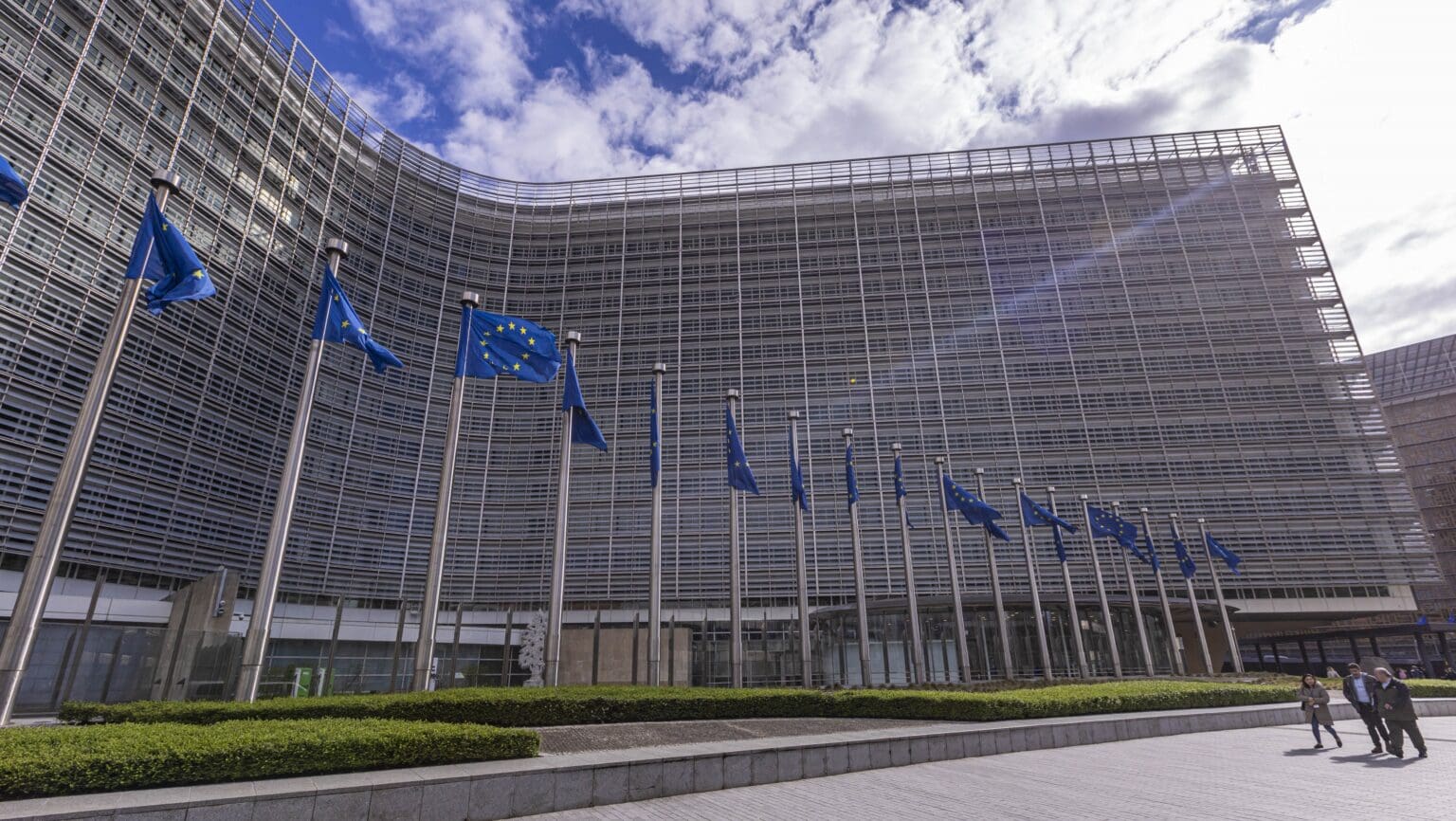
The European Commission’s latest country-specific recommendations have drawn strong criticism from the Center for Fundamental Rights, which claims Brussels is pushing Hungary to abandon popular domestic policies in favour of multinational and geopolitical interests.

‘This ruling reveals a methodological shift in the reasoning of European judges. Typically, in sensitive social matters, the ECHR looks for a “European consensus”. If a consensus exists, national sovereignty is limited; if not, the ECHR allows states to legislate democratically.’

Hungary’s largest standalone battery energy storage system has been inaugurated in Százhalombatta. With a 40 MW output and 80 MWh capacity, the new unit by MET Group marks a key step in the country’s shift toward cleaner, more flexible energy solutions.
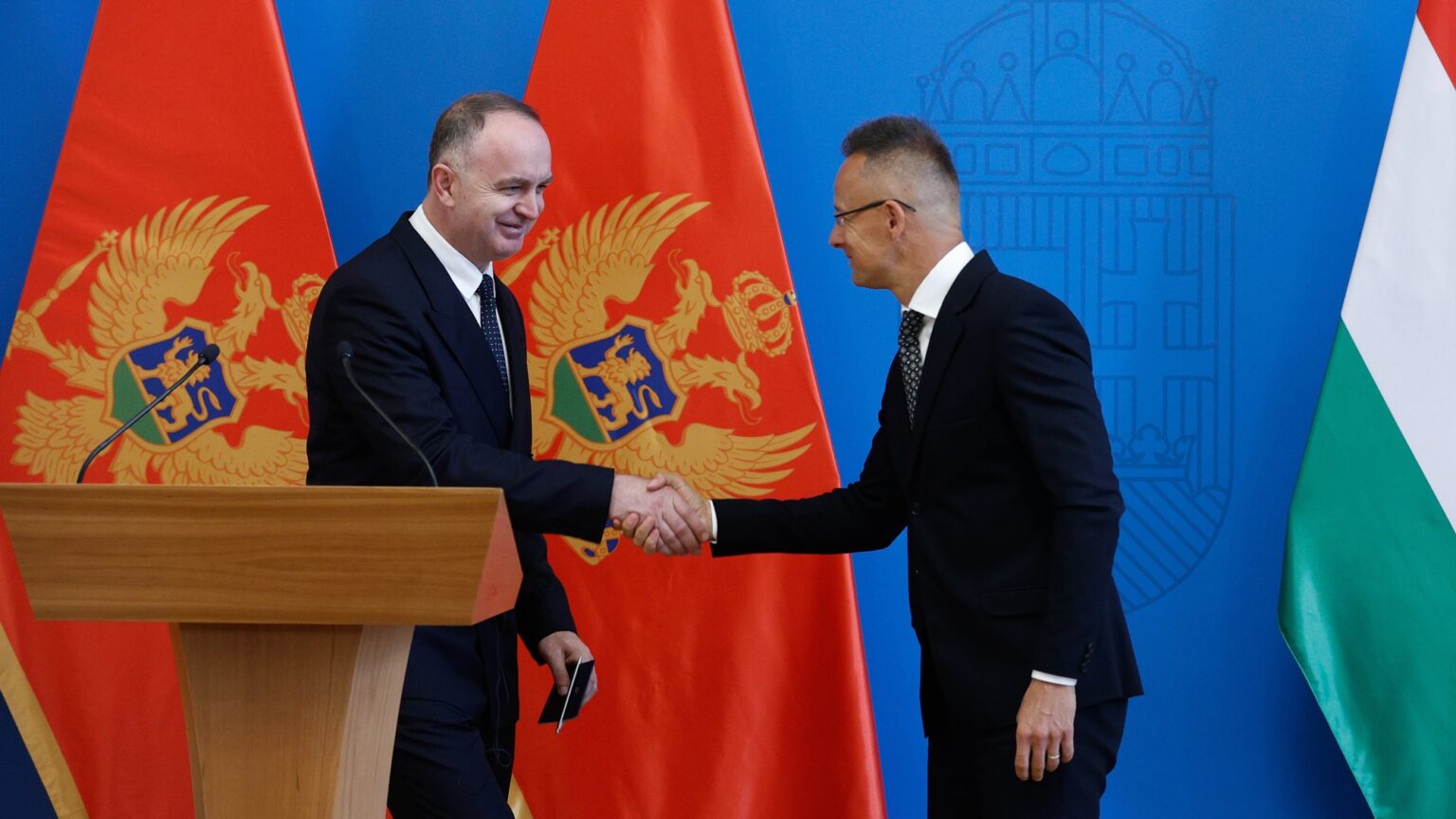
According to statements by Montenegro’s Ministry of Economic Development, Hungary and Montenegro are about to sign a comprehensive government-to-government infrastructure deal, under which a data centre will be built in the Balkan country.
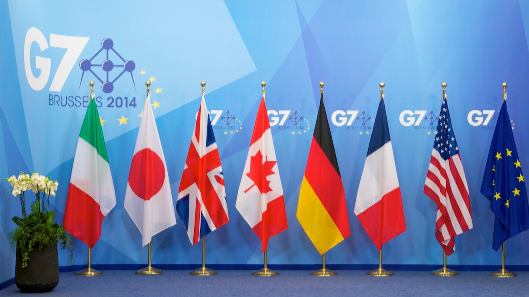
‘Overall, these meetings influence policies that can lead to more coherent and effective global economic cooperation. However, in light of the tensions listed above, it is unlikely that this was one of those meetings where significant policies were adopted.’
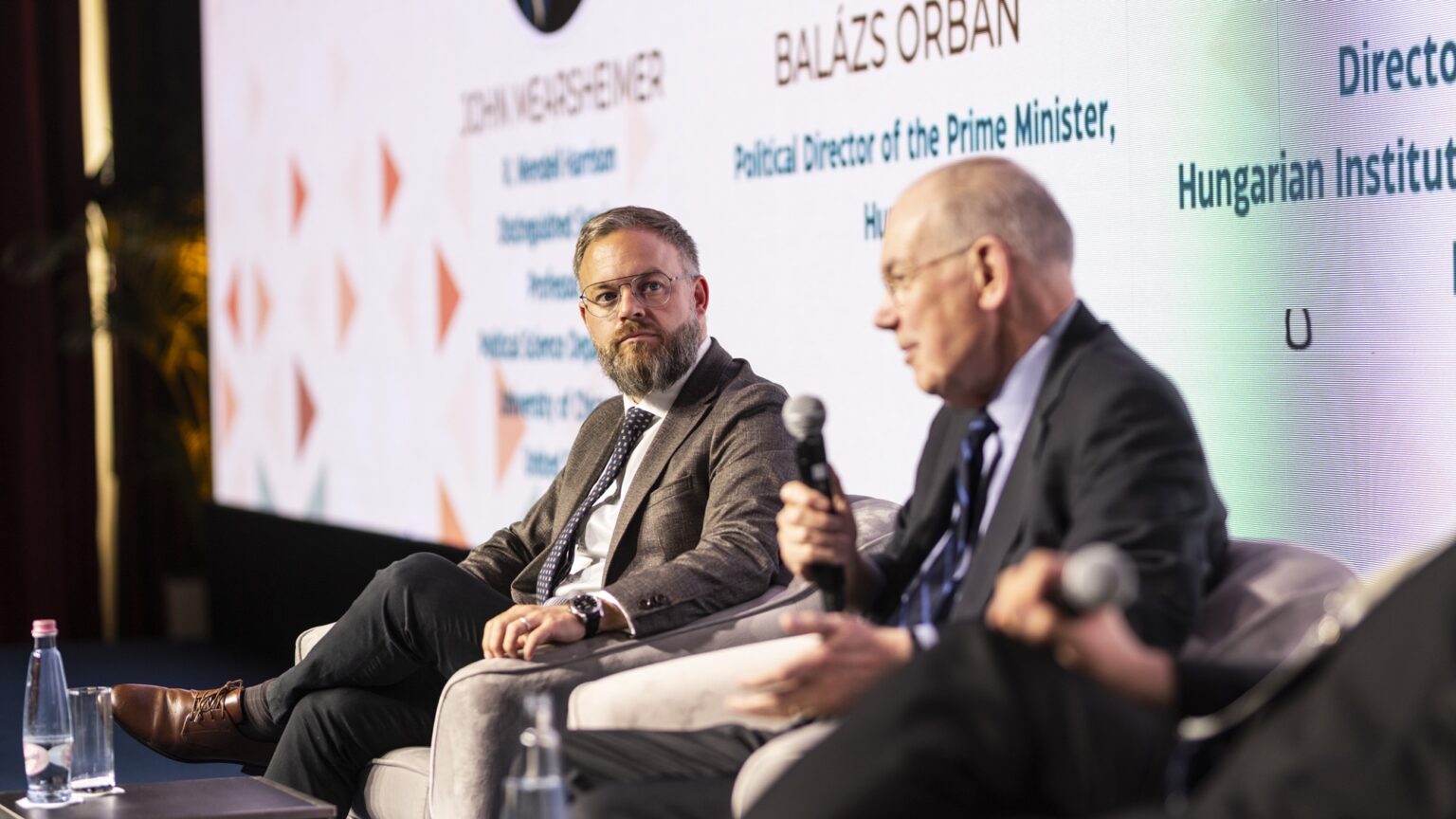
Political Director for the Prime Minister of Hungary Balázs Orbán and John Mearsheimer, political scientist and Distinguished Service Professor at the University of Chicago, got together for a fascinating panel discussion at the Budapest Global Dialogue 2025, where they talked about the possible outcomes of the Russo-Ukrainian war and the differences between realist and liberal foreign policy.
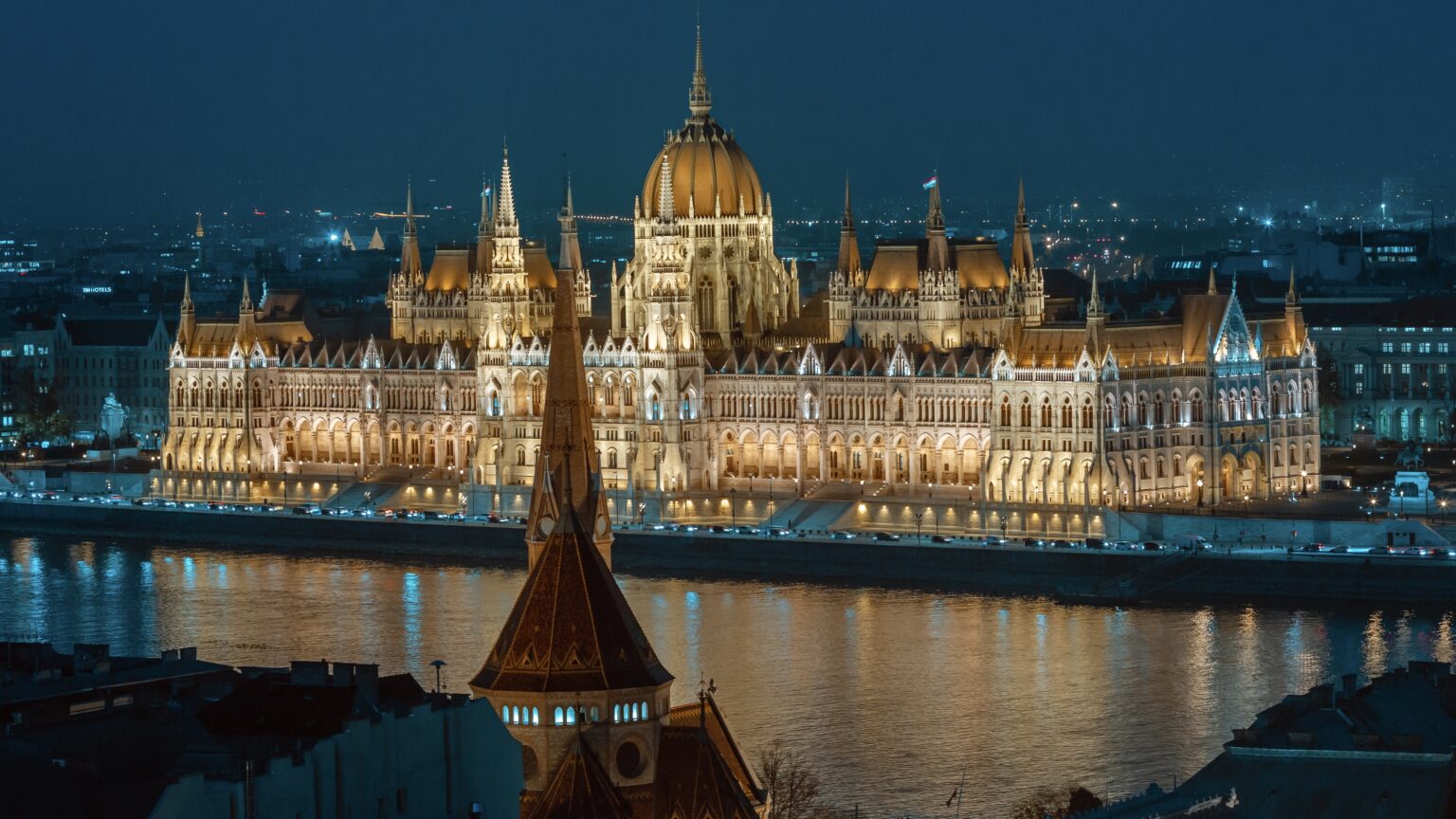
Hungary’s Parliament approved the 2026 state budget, prioritizing families, pensioners, and economic stability. The budget includes major tax cuts, expanded family support, and continues efforts to reduce national debt and the deficit.

‘As a historian, much of Karol Nawrocki’s career—especially as President of the Institute of National Remembrance—was dedicated to studying the crimes committed against Poles during World War II. During his campaign and since, President Nawrocki emphasized multiple times that Ukraine must make concessions with regards to its memory politics.’
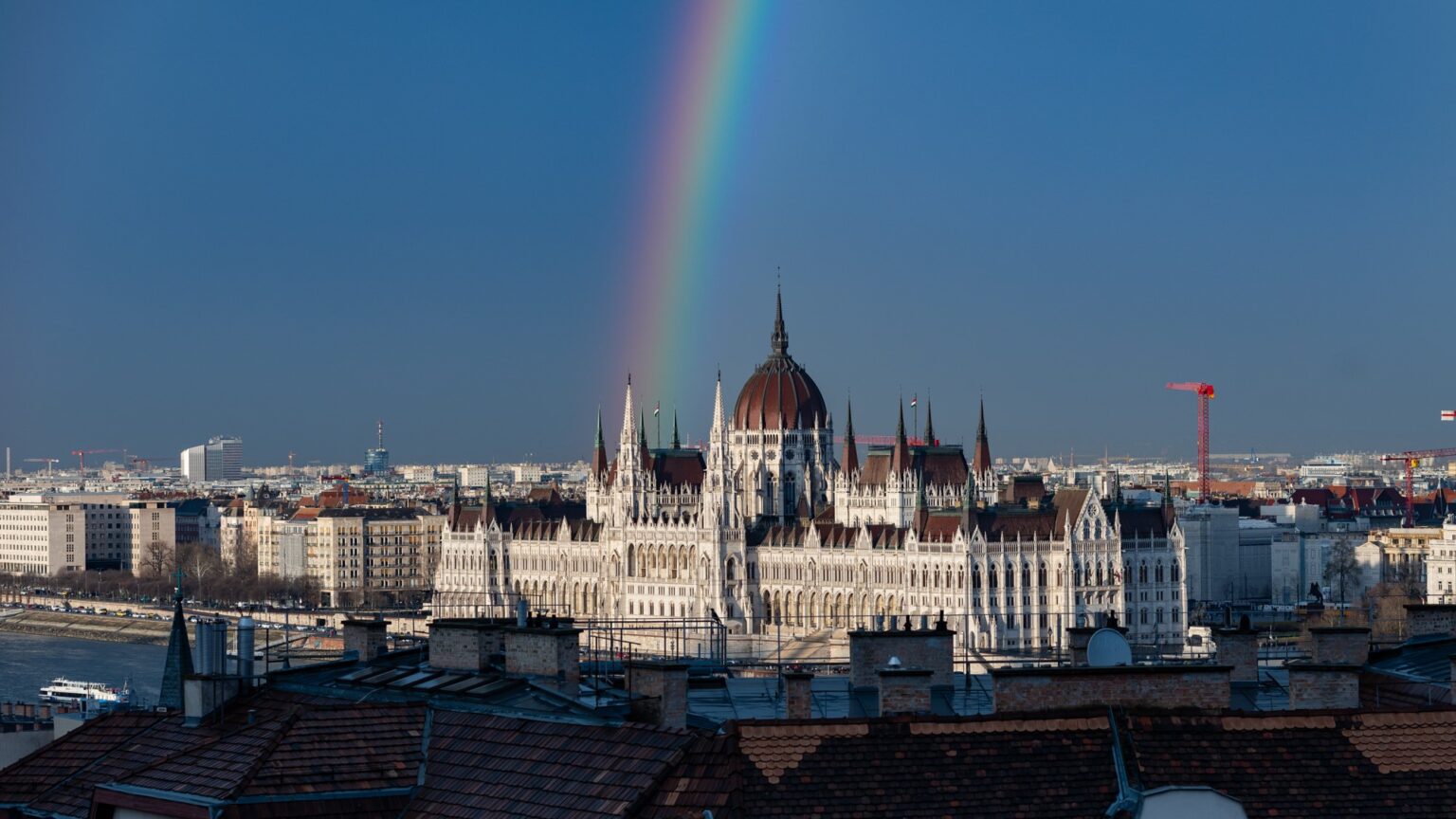
A Budapest court granted immediate legal protection to the capital’s municipality, halting the state treasury’s attempt to withdraw over 10 billion forints in solidarity contributions, citing the potential collapse of essential public services.

HungaroControl and the National University of Public Service have signed a strategic cooperation agreement to advance air traffic control technologies, enhance aviation safety, and modernize technical higher education in Hungary.
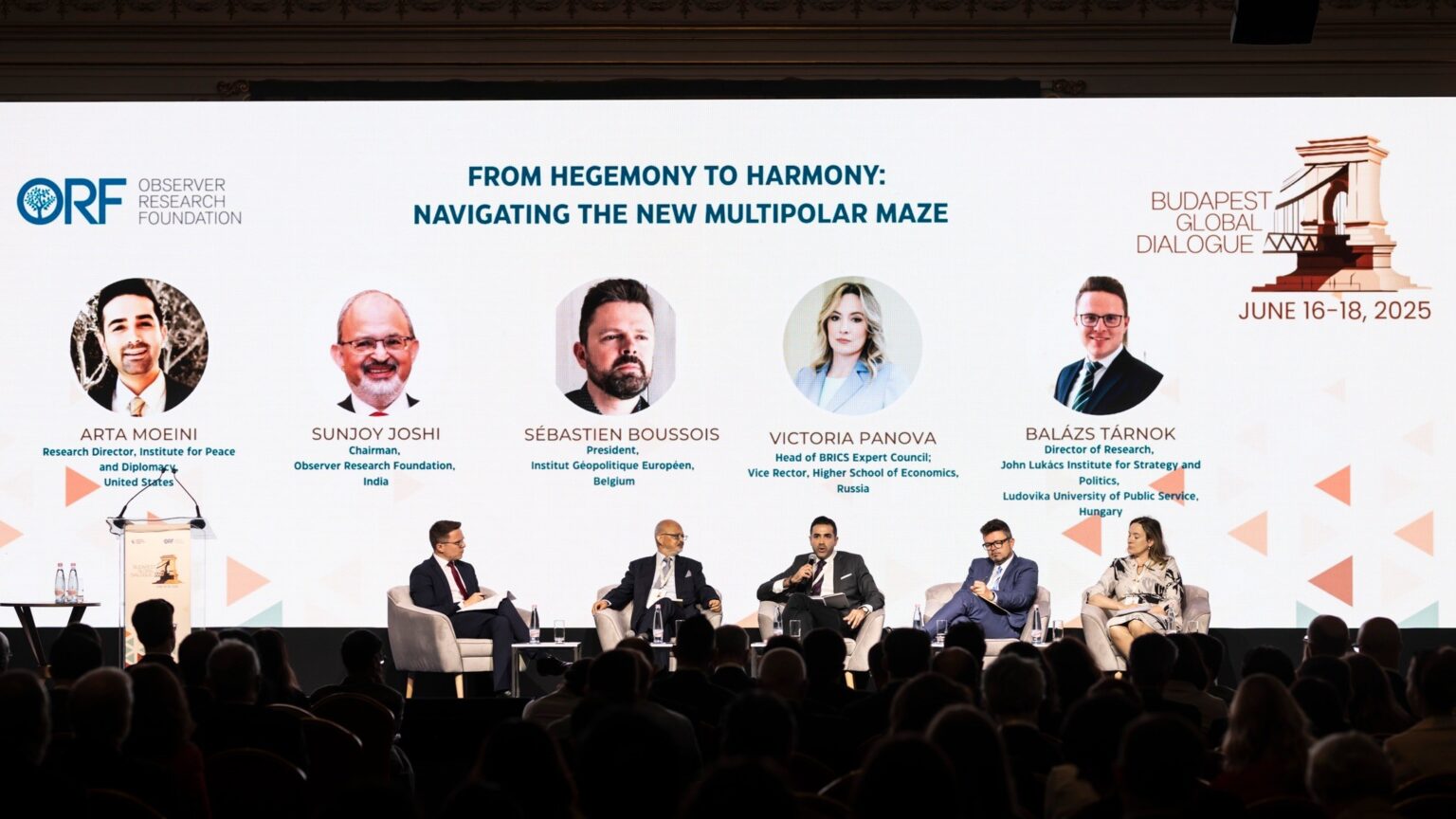
At Budapest Global Dialogue 2025, back-to-back panels tackled the unraveling of the post-WWII order, the rise of new power blocs like BRICS, and the global trade system’s future. Speakers warned: the world is not just shifting—it is splintering and reassembling.
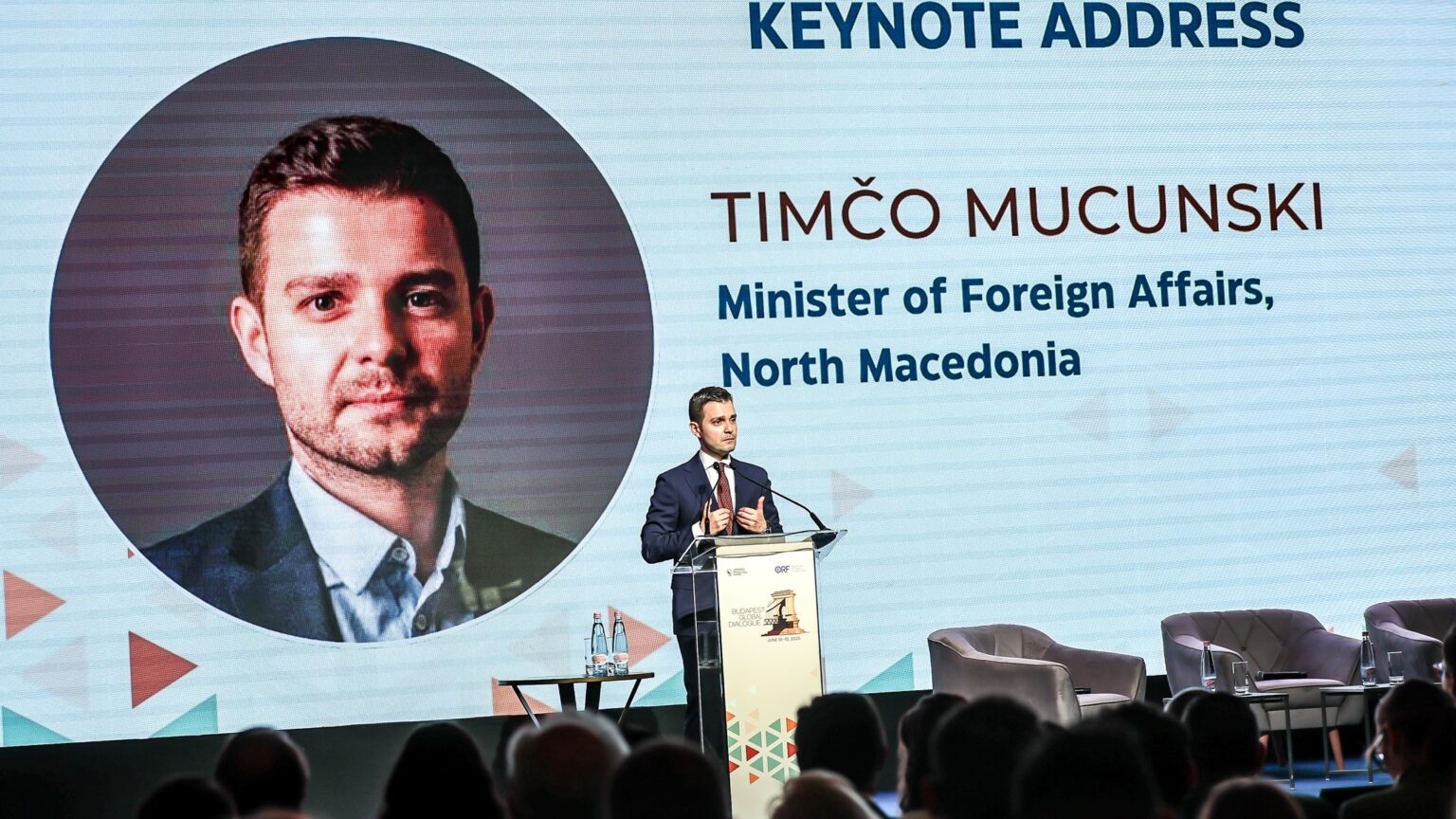
Speaking at the Budapest Global Dialogue 2025, North Macedonia’s Foreign Minister Timčo Mucunski urged the EU to show leadership, not inertia. He emphasized the urgency of enlargement, defended his nation’s identity, and called for a bold European vision.
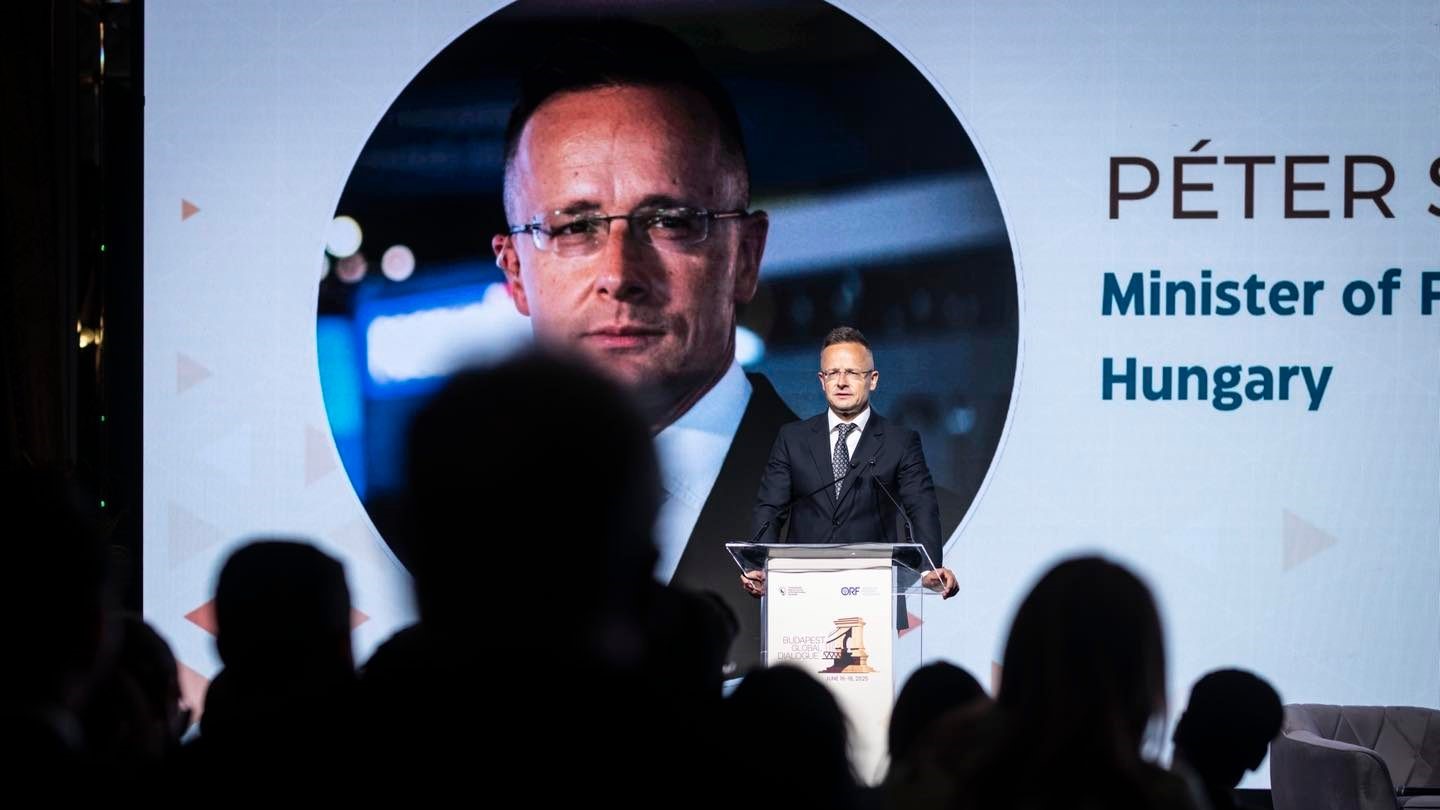
Speaking at the Budapest Global Dialogue 2025, Hungarian Minister of Foreign Affairs and Trade Péter Szijjártó warned of a new global order shaped by war, crisis, and division. He called for a ‘revolution of common sense’ and criticized EU isolationism, energy policy, and liberal dogmas.
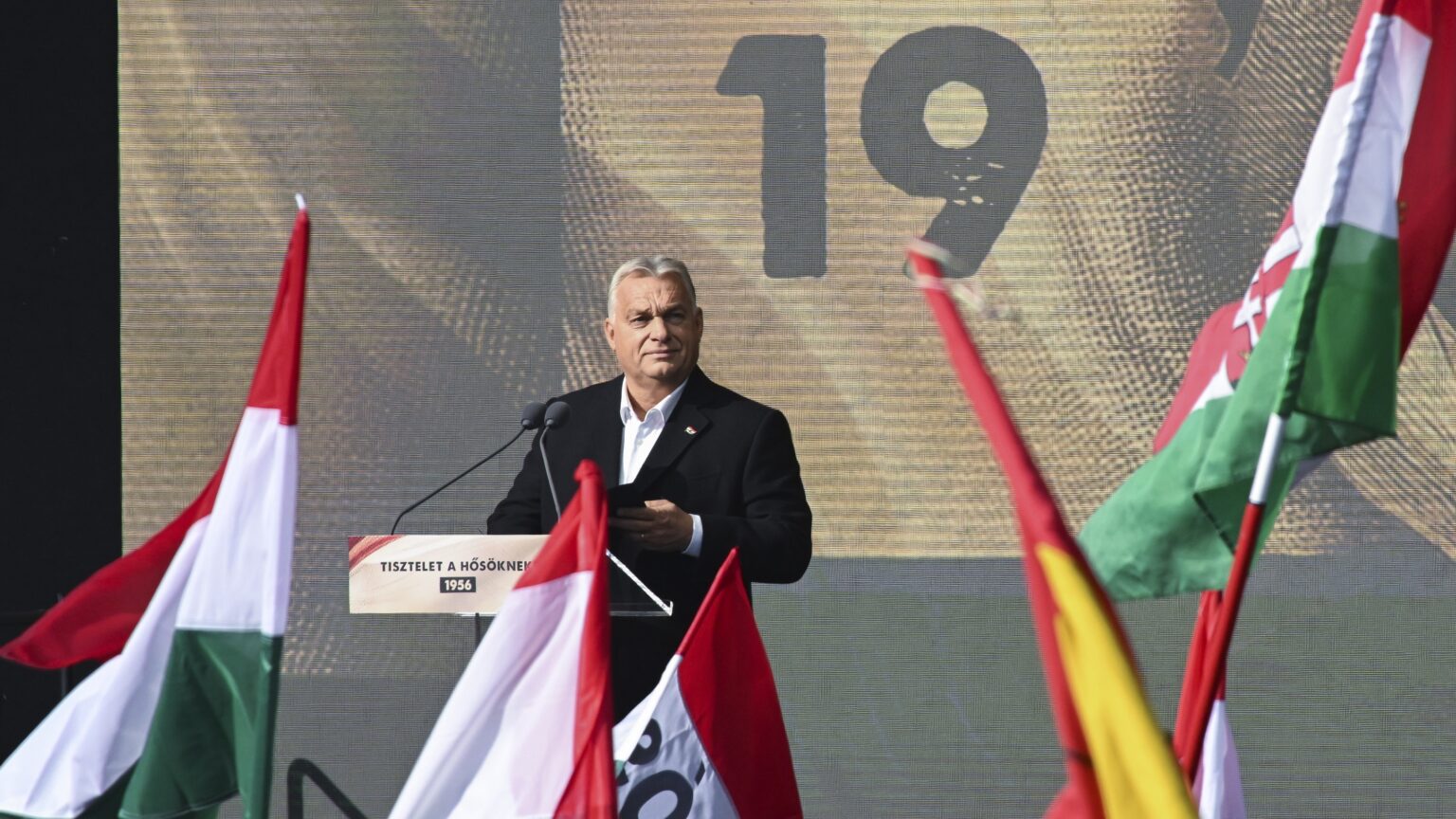
A 44-year-old man in a small town in Tolna County, Hungary has been arrested after he published a video on TikTok threatening to kill Prime Minister Viktor Orbán of Hungary and other public figures. The local court ordered his detention for one month while the investigation is ongoing.
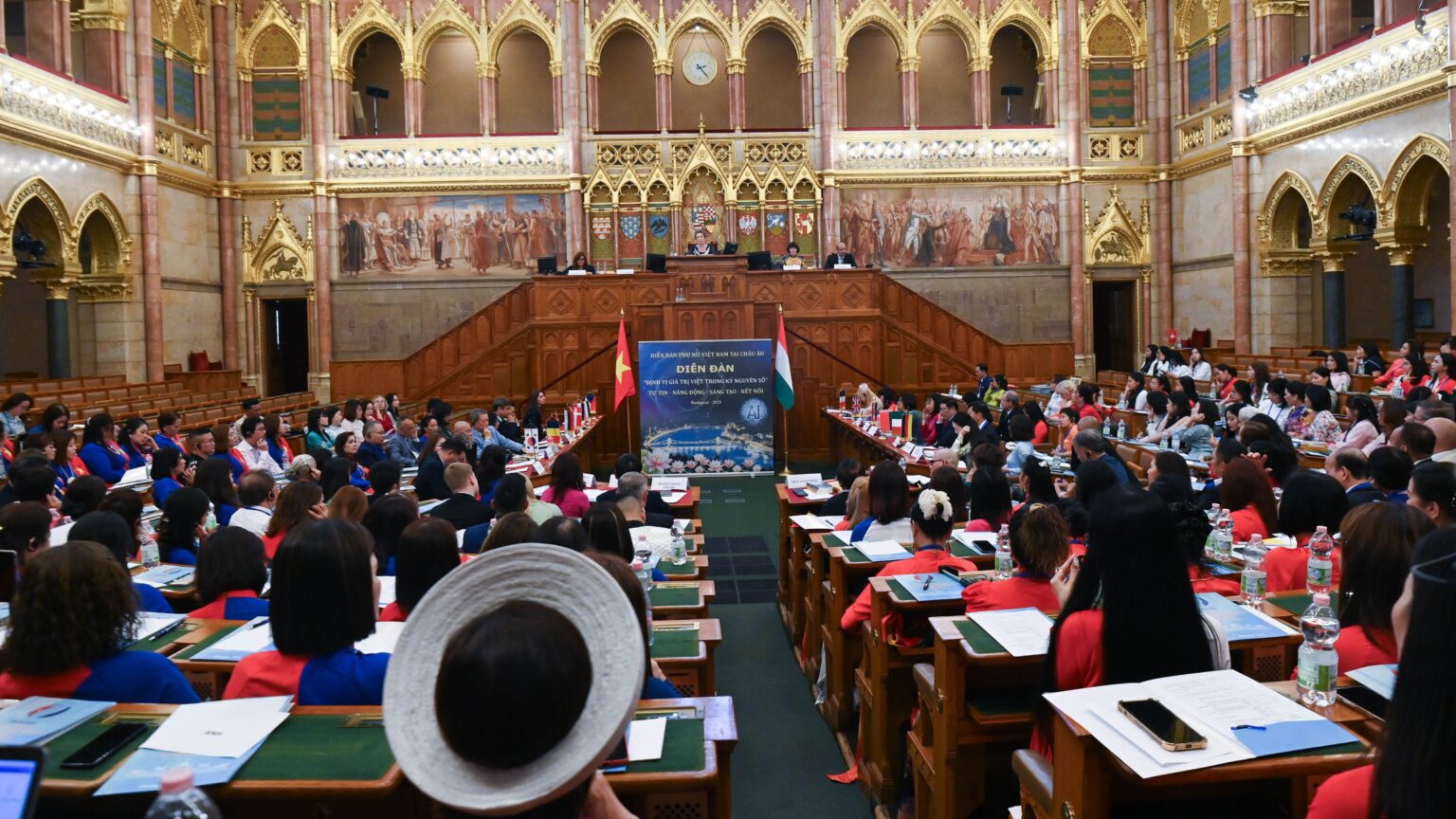
On 15 June 2025, Budapest hosted the forum Positioning Vietnamese Values Abroad in the Digital and Artificial Intelligence Era at the Hungarian Parliament. The event explored how diasporas use AI to preserve national identity and marked a deepening of cultural ties, led by the Vietnamese Women’s Forum in Europe.
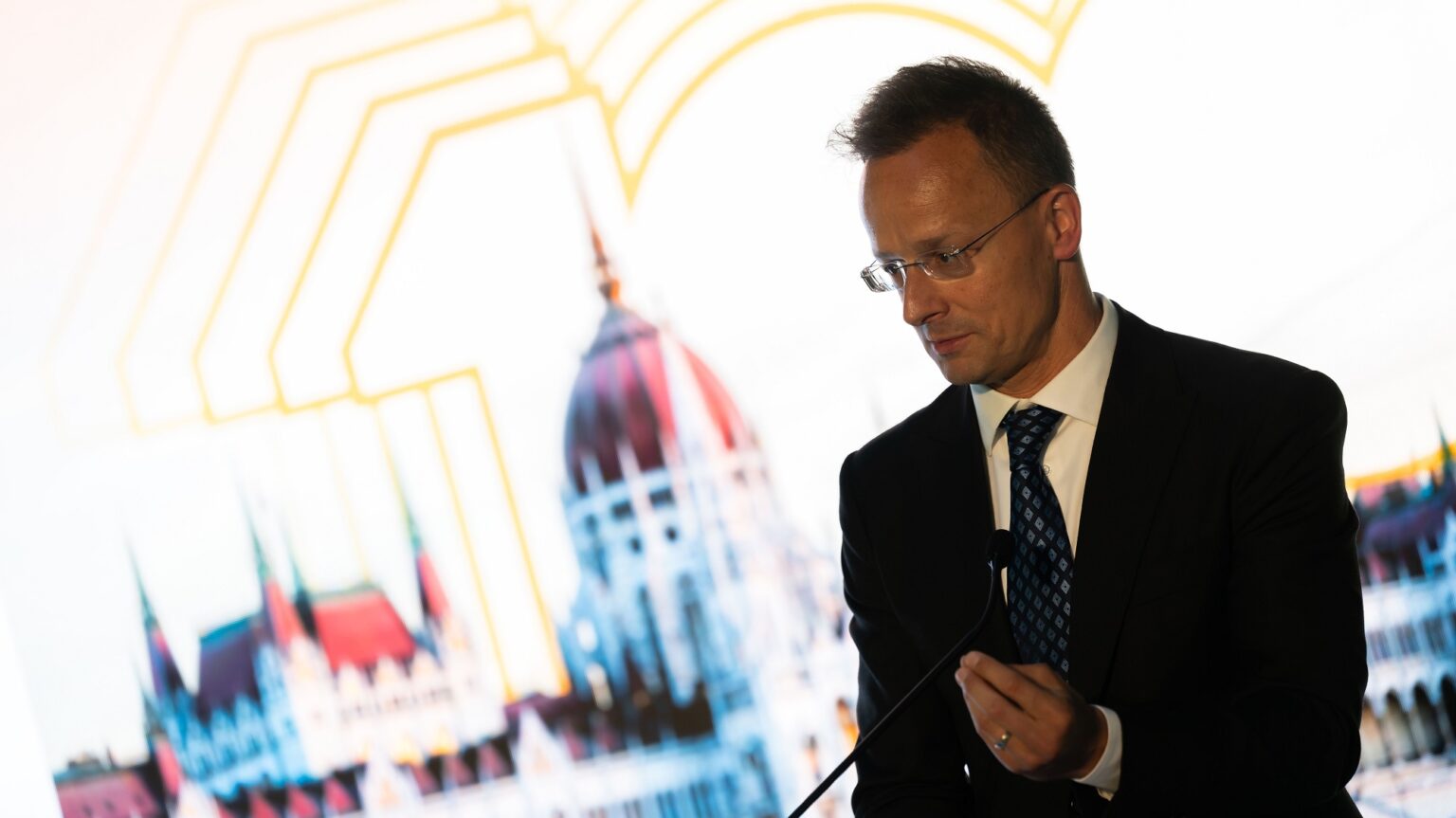
‘My colleagues listed some…fine principles: sovereignty, diversification, energy security, solidarity. However,…if the von der Leyen-Zelenskyy plan goes into effect, Hungary will be subject to the opposite of all these. This proposal is a serious violation of our sovereignty, since the Treaty on the Functioning of the European Union states that energy policy decisions are a national competence.’
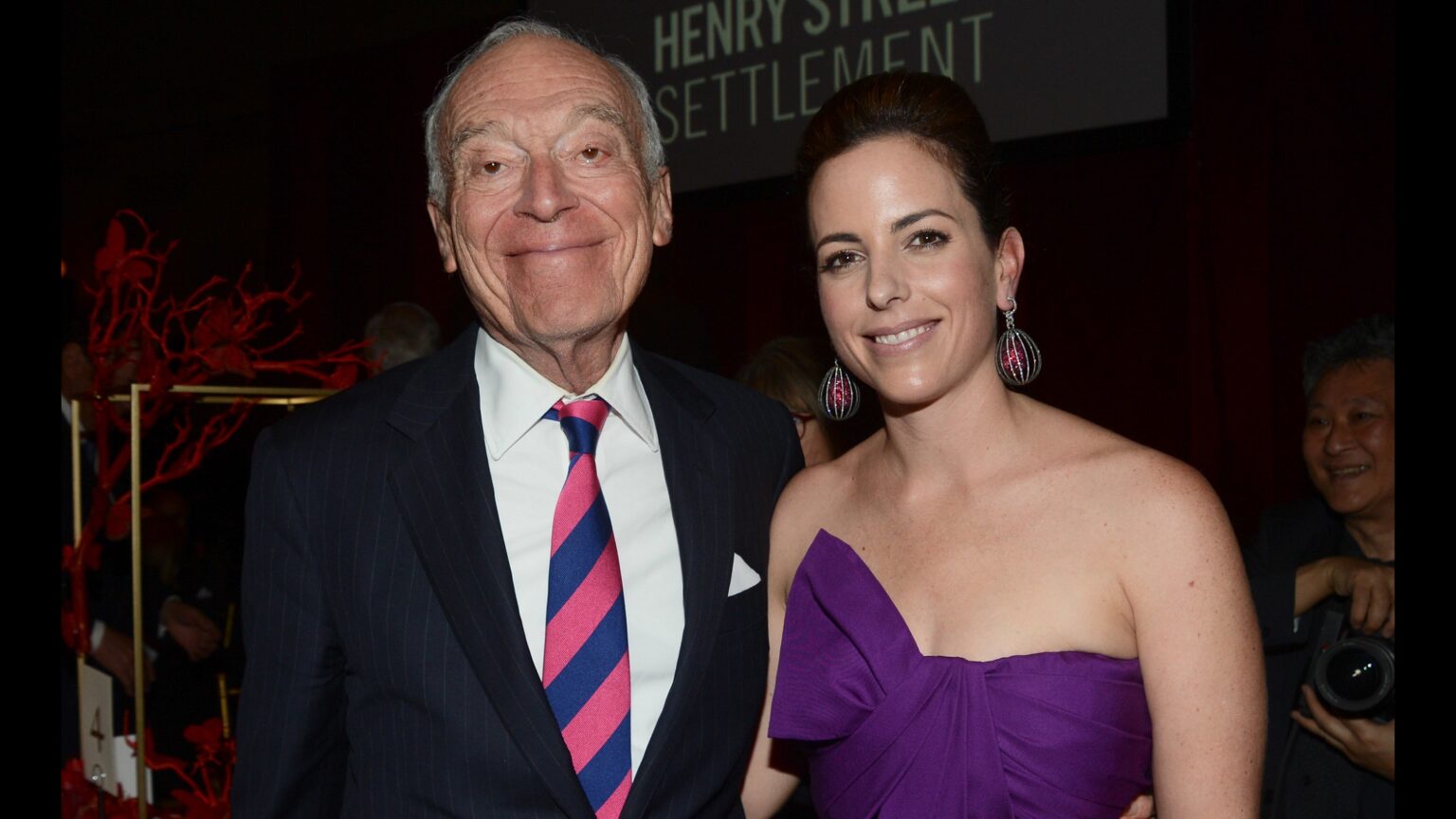
Leonard Lauder, Chairman Emeritus of Estée Lauder Companies and son of founder and legendary business mogul Estée Lauder of Jewish Hungarian ancestry, passed away at 92 on Saturday, 14 June.
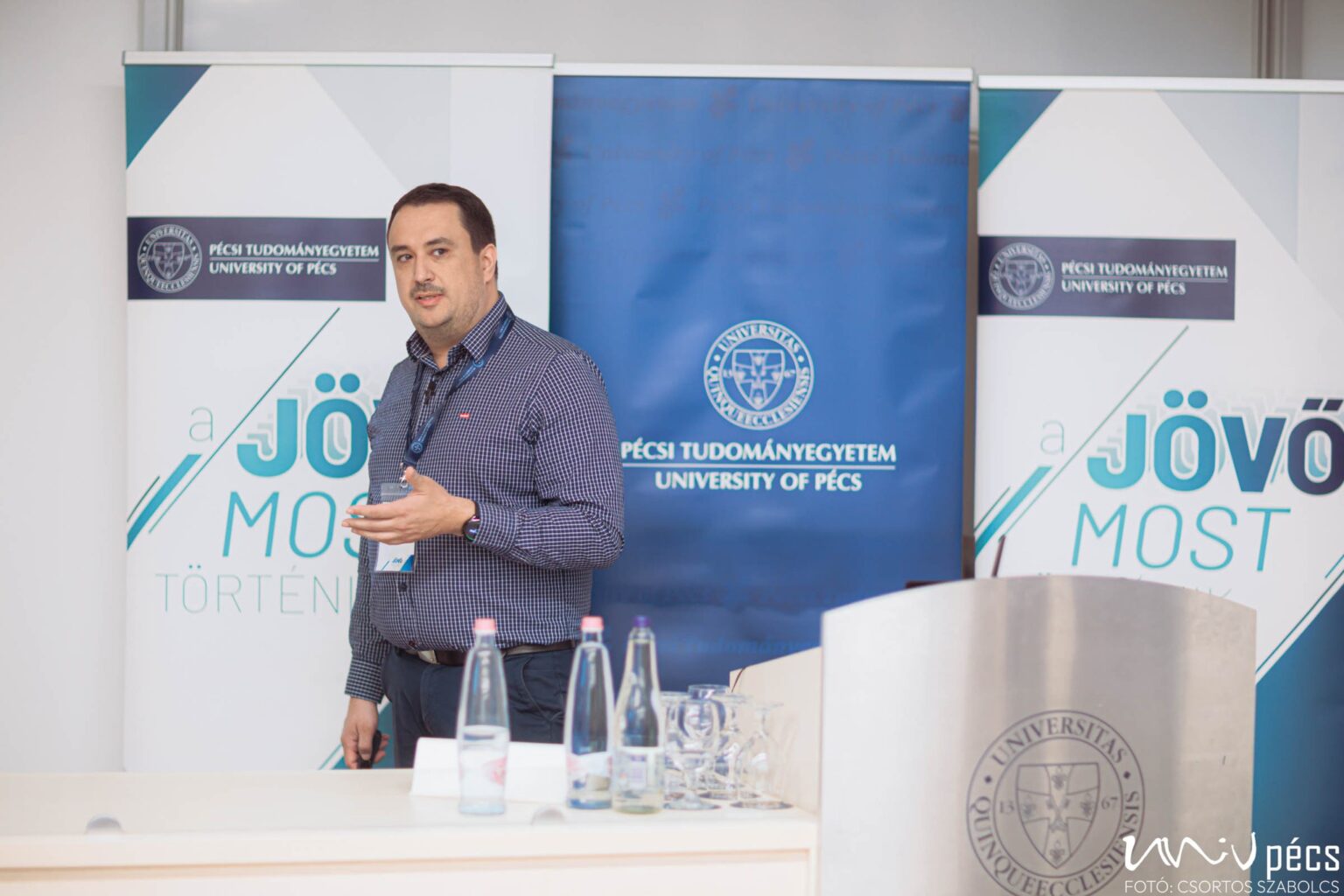
Gábor Gyurák, a lecturer at the University of Pécs Faculty of Engineering and IT, won the European title and placed second globally in Huawei’s international cybersecurity competition, marking a rare achievement for Hungarian higher education.
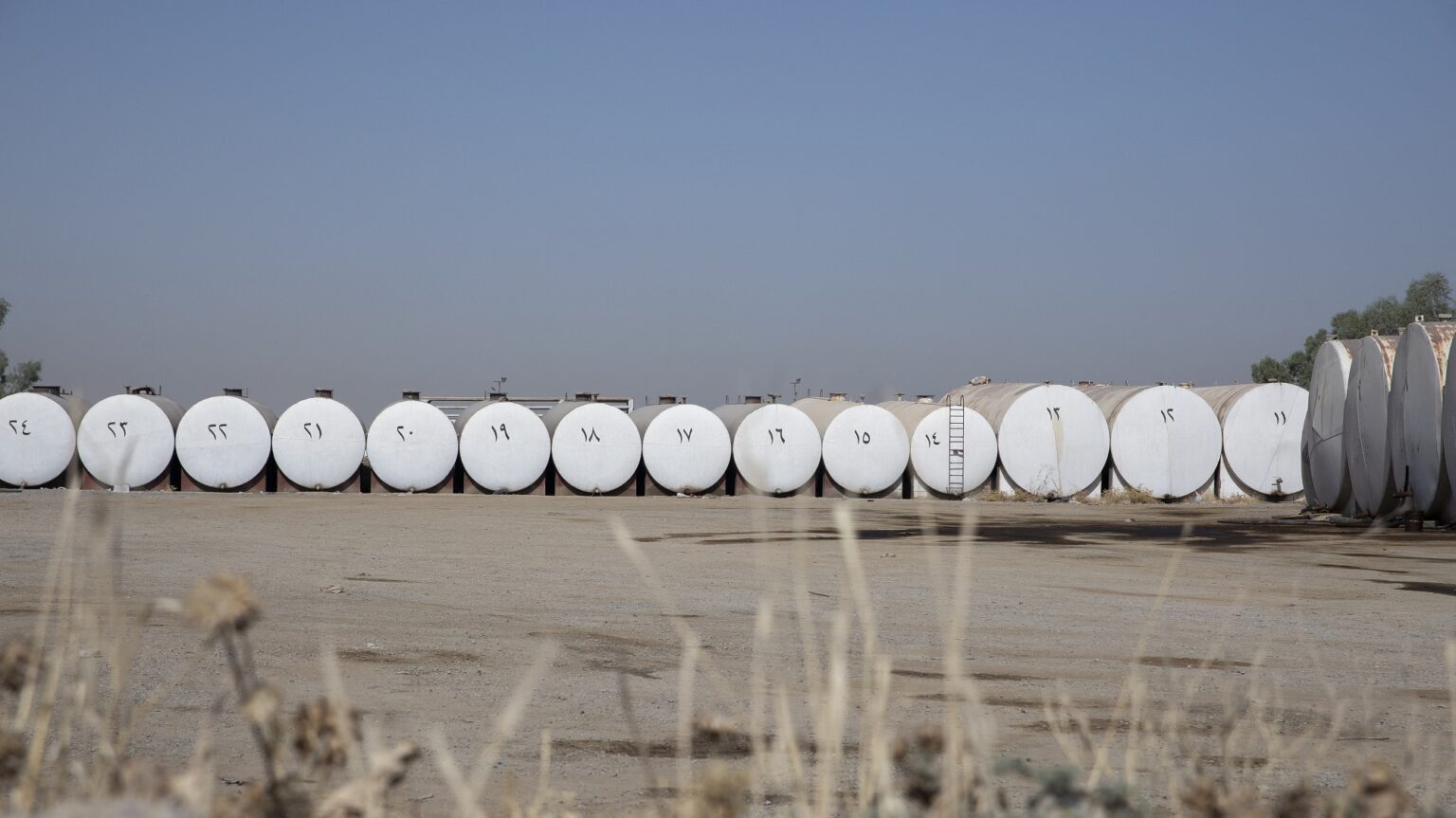
In response to the Israeli air strike on Iran last week, oil prices rose about 10 per cent on the international commodity markets, which, in turn, raised gas prices in the US. This is not good news for the Trump administration, as so far it has been served well by low gas prices and favourable monthly inflation reports.
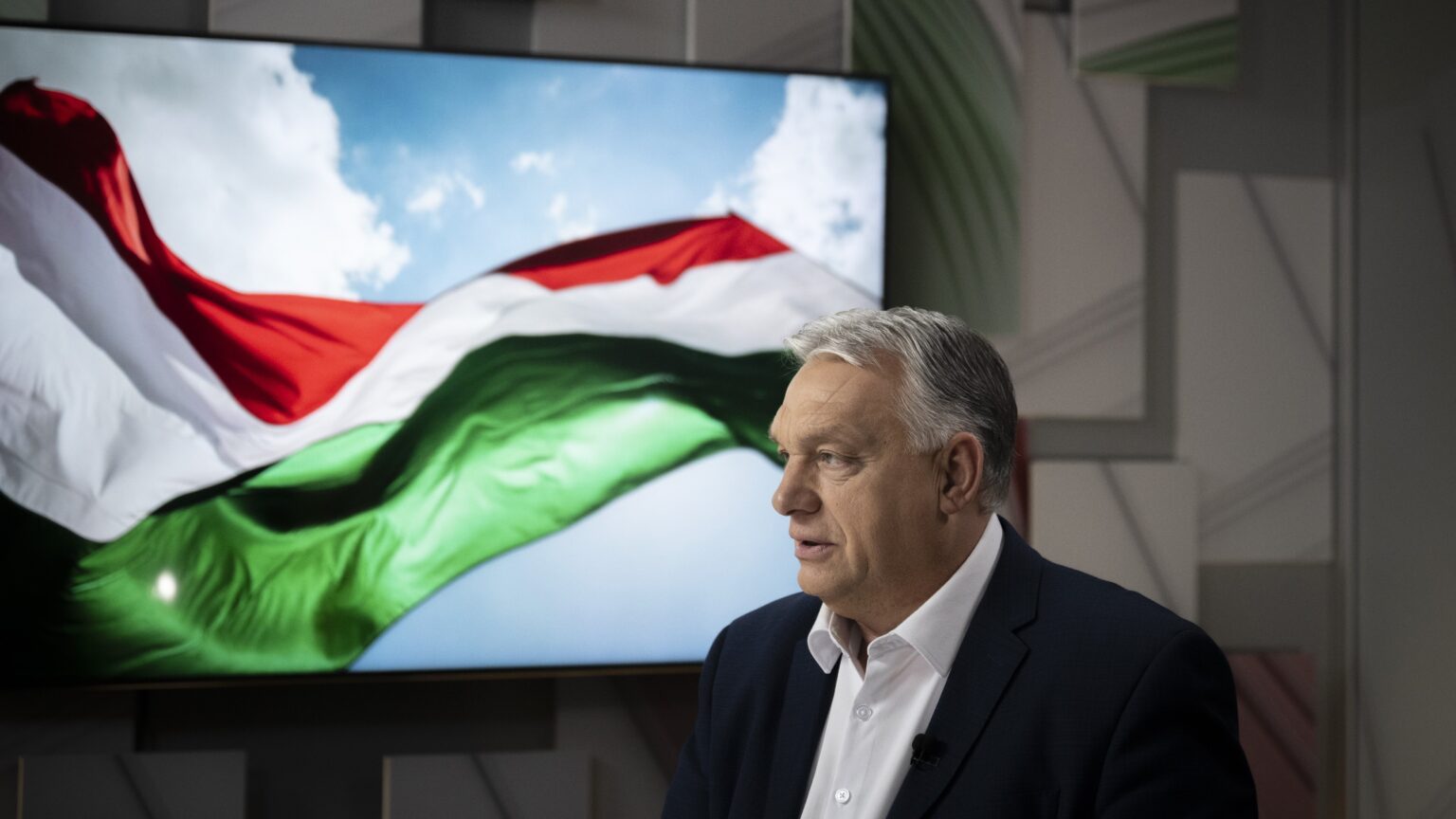
Hungary is demanding the EU suspend its plan to ban Russian energy imports in light of the Middle East war, warning that further supply shocks could cripple the European economy. Prime Minister Viktor Orbán urged Brussels to reassess the risks.
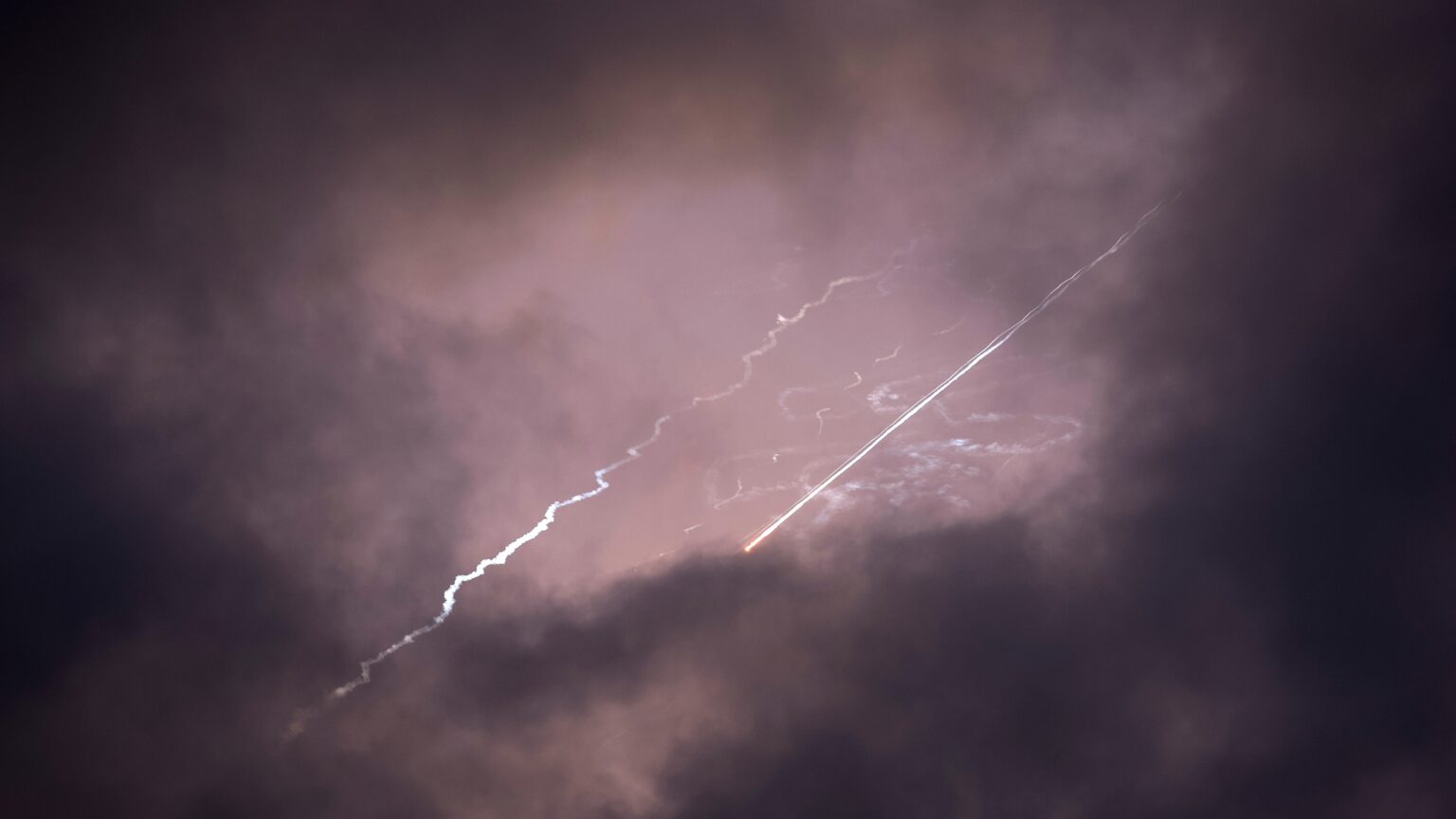
‘These attacks fall perfectly in line with President Trump’s new strategy in the Middle East, pursuing peace through strength by utilizing and increasing cooperation with Israel and the Gulf states…Trump has made it clear that he expects other states in the region to increase their share of the burden in providing regional security as he plans to shrink the U.S. military presence in the area.’
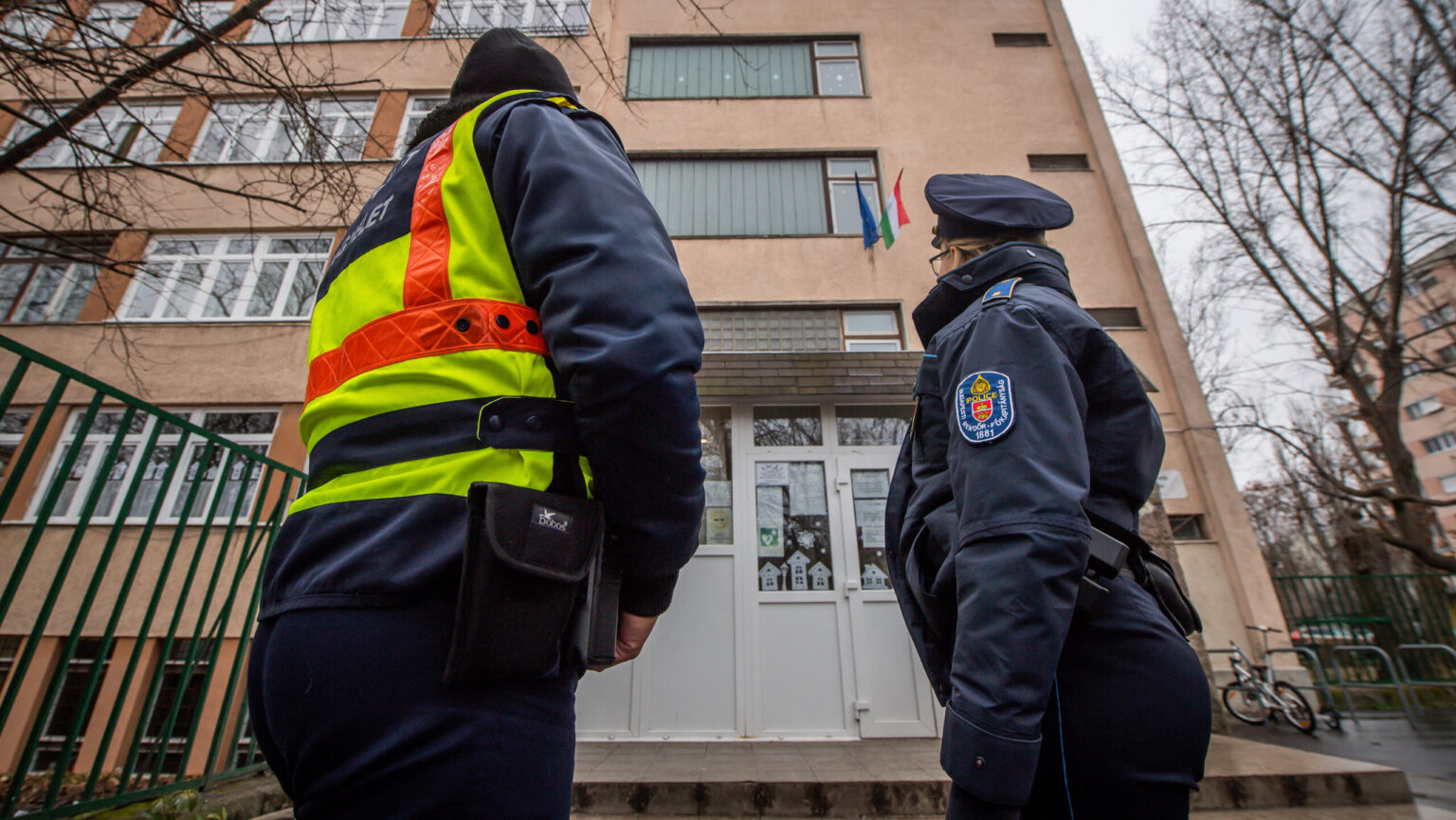
A 16-year-old Ukrainian refugee boy has been arrested for sending bomb threats to eight schools in Budapest, Hungary via email. Hungarian law enforcement managed to track down the perpetrator with the help of the FBI.
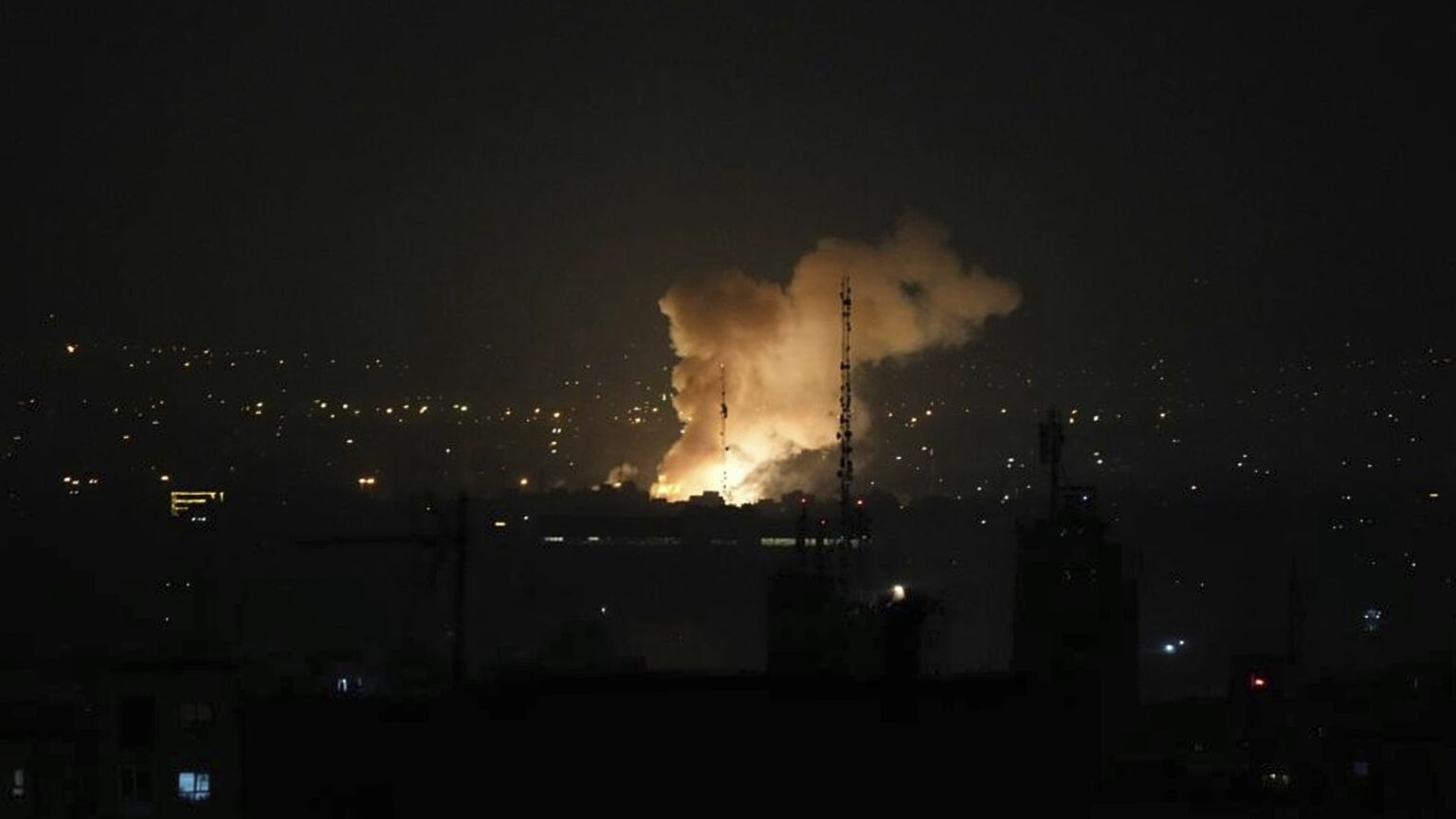
Israel launched a sweeping preemptive airstrike on Iran early Friday, targeting nuclear and military sites, as tensions between the two nations reached a boiling point. Tehran has vowed a harsh response, while Israel braces for a potentially prolonged war.

Hungarian Conservative is a quarterly magazine on contemporary political, philosophical and cultural issues from a conservative perspective.